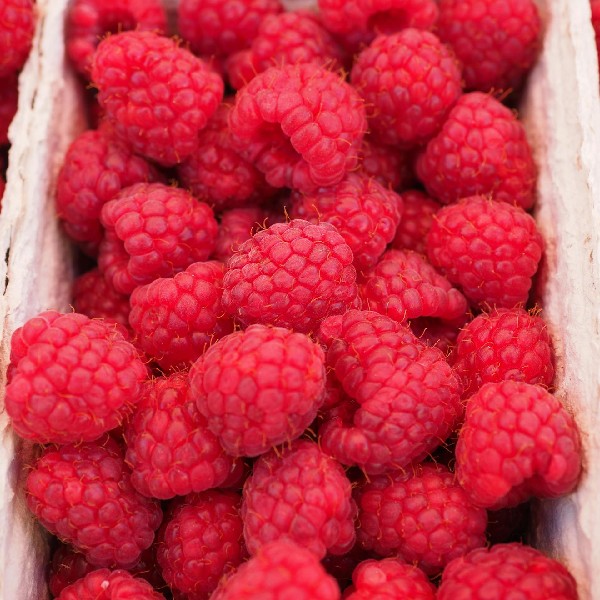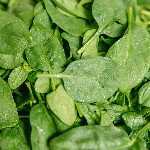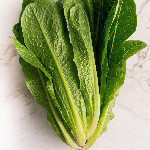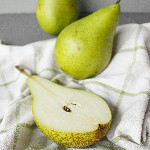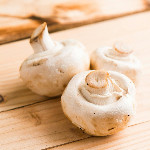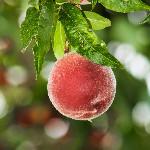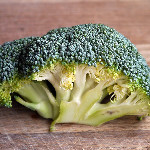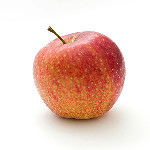Origins and Varieties:
The story of raspberries traces back centuries to the forests of Europe and Asia, where wild raspberries were foraged and enjoyed by indigenous peoples for their flavor and medicinal properties. Belonging to the Rosaceae family, raspberries encompass several species and cultivars, each offering a unique combination of flavor, color, and aroma. Among the most popular raspberry varieties are the sweet, plump Red raspberries, celebrated for their vibrant color and intense flavor; the golden, delicate Yellow raspberries, prized for their mild sweetness and unique taste; and the dark, rich Black raspberries, known for their complex flavor profile and antioxidant potency. Whether enjoyed fresh, frozen, or incorporated into recipes, raspberries offer a sensory experience that delights the palate and nourishes the body.
Nutritional Composition:
In addition to their delightful taste, raspberries boast an impressive nutritional profile, making them a superfood worthy of inclusion in any balanced diet. A one-cup serving of raspberries (approximately 123 grams) contains about 64 calories, primarily derived from carbohydrates in the form of natural sugars, including fructose, glucose, and sucrose. Raspberries are also rich in dietary fiber, with approximately 8 grams per serving, promoting digestive health, regulating blood sugar levels, and supporting weight management. Moreover, raspberries are an abundant source of essential vitamins and minerals, including vitamin C, vitamin K, manganese, and antioxidants such as anthocyanins and quercetin. Vitamin C, a potent antioxidant found abundantly in raspberries, plays a crucial role in boosting immune function, promoting collagen synthesis, and enhancing iron absorption. Vitamin K, another vital nutrient present in raspberries, contributes to bone health, blood clotting, and cardiovascular function. Manganese, a trace mineral found in raspberries, plays a vital role in metabolism, bone health, and antioxidant defense. Additionally, raspberries contain small amounts of other vitamins and minerals, such as vitamin E, vitamin B6, magnesium, phosphorus, and potassium, further enriching their nutritional value.
Health Benefits:
The consumption of raspberries has been associated with a myriad of health benefits, making them a valuable addition to a healthy lifestyle. Research suggests that regular raspberry consumption may reduce the risk of chronic diseases, including heart disease, inflammation, type 2 diabetes, and certain cancers. The antioxidants found in raspberries, such as anthocyanins, quercetin, and vitamin C, exhibit anti-inflammatory and anti-cancer properties, scavenging free radicals and protecting cells from oxidative damage. These compounds have been linked to improved cardiovascular health, reduced inflammation, enhanced cognitive function, and longevity. Moreover, the high fiber content of raspberries promotes satiety, aids in weight management, and regulates blood sugar levels. Additionally, raspberries contain natural compounds that support eye health, such as lutein and zeaxanthin, which help protect against age-related macular degeneration and cataracts.
Culinary Uses:
Beyond their nutritional benefits, raspberries are prized for their versatility in culinary applications. Whether enjoyed fresh, blended into smoothies, or incorporated into recipes, raspberries add a burst of flavor, color, and nutrition to a wide range of dishes. Their sweet-tart flavor pairs beautifully with both sweet and savory ingredients, such as yogurt, oatmeal, salads, and desserts. Raspberries can be enjoyed in various forms, including jams, jellies, sauces, and toppings, preserving their delicious taste and nutritional benefits year-round.
Conclusion:
In conclusion, raspberries are more than just a delicious fruit – they are a nutritional powerhouse and culinary delight. From their ancient origins to their modern-day popularity, raspberries have delighted palates and nourished bodies with their vibrant color, delicate texture, and impressive health benefits. With their diverse varieties, nutritional richness, and versatile culinary applications, raspberries continue to inspire creativity and delight the senses. So, the next time you enjoy a handful of juicy raspberries, savor not only their delightful taste but also their profound connection to the rich tapestry of human experience and the bounty of nature.
